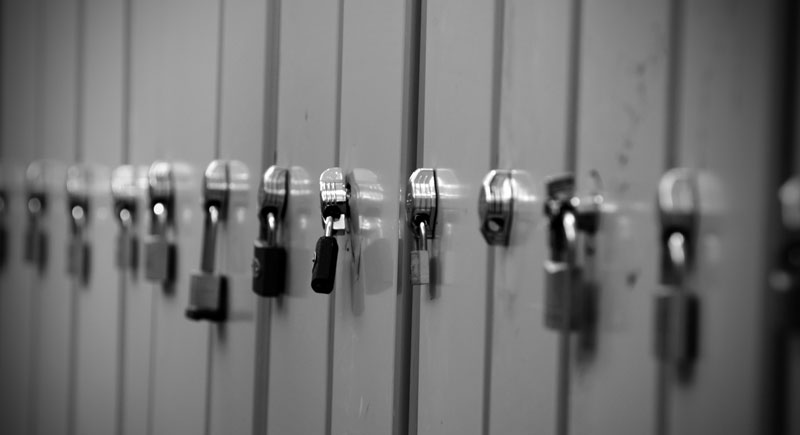The locks that secure your home don’t just protect your property from break-ins. They also sometimes affect your home insurance policy and any claims you might make in the future.
So, before you take out buildings and contents coverage, you should look at your locks from an insurer’s perspective. What should you think about?
1. Meeting Minimum Lock Standards
Some insurance companies don’t mention anything about the types of locks you have at home in their terms and conditions. Some just state that you must have locks on all external doors and windows.
However, some insurers link coverage to specific lock standards. This basically means that your policy only covers you if your locks meet the standards set by the insurer.
So, some companies require you to have insurance-rated locks. For example, your policy may state that your coverage is only valid if you have a deadbolt or deadlatch locks on your doors and windows.
If you don’t have rated locks and have to make a claim after a burglary, then the insurance company might not accept your claim. If your locks aren’t up to standard, then they may invalidate your coverage.
Remember to read the policy’s terms and conditions before you take out home insurance. Your basic documents may not mention lock requirements so make sure to look at the small print as well.
2. Using Locks to Get Discounts
The more secure you make your home, the happier your insurance company will be. After all, if a burglar has trouble getting in, then you are less likely to make a claim. This makes you less of a risk from an insurer’s perspective.
If you take the time to boost your home’s security, then some insurance companies give you discounted premium costs. So, for example, you could install insurance-rated door and window locks throughout your home. Insurers also like extra features, like burglar alarms, security systems and sensor lights.
Not all insurance companies advertise security discounts. If you have taken extra steps to secure your home, then take a punt and ask insurers if you qualify for a discount before you take out coverage.
3. Making Sure You Don’t Invalidate Claims
Homeowners sometimes make simple mistakes that invalidate insurance claims after a break-in. Having secure locks isn’t enough; you have to use them sensibly and correctly.
If someone breaks into your home without having to use force, then an insurance company can refuse to pay out on a claim. Insurers view these incidents as your fault — you haven’t taken reasonable care to secure your property.
So, for example, your claim may not work in the following circumstances:
- A burglar gets into your home through an open or unlocked door or window.
- You leave a spare key in an obvious place, like under a doormat, and a burglar uses this key to open a door and access your property.
To make sure that this doesn’t happen, use your locks right. Don’t leave windows or doors unlocked when you aren’t at home and don’t leave spare keys where a burglar could find them.
Consider this tip: if you need somewhere to stash a spare key, and you don’t have a trusted neighbour or local friend to keep one for you, then ask your insurance company how it feels about key safes. Insurers may accept police-rated key safes as secure storage options.
If you have any doubts about your locks and how they might affect your home insurance, then Adelaide Home Security Locksmiths can help. We can assess your current door and window locks. If you need an upgrade, we can recommend and install more robust products. To find out more about our home security services, contact us.


